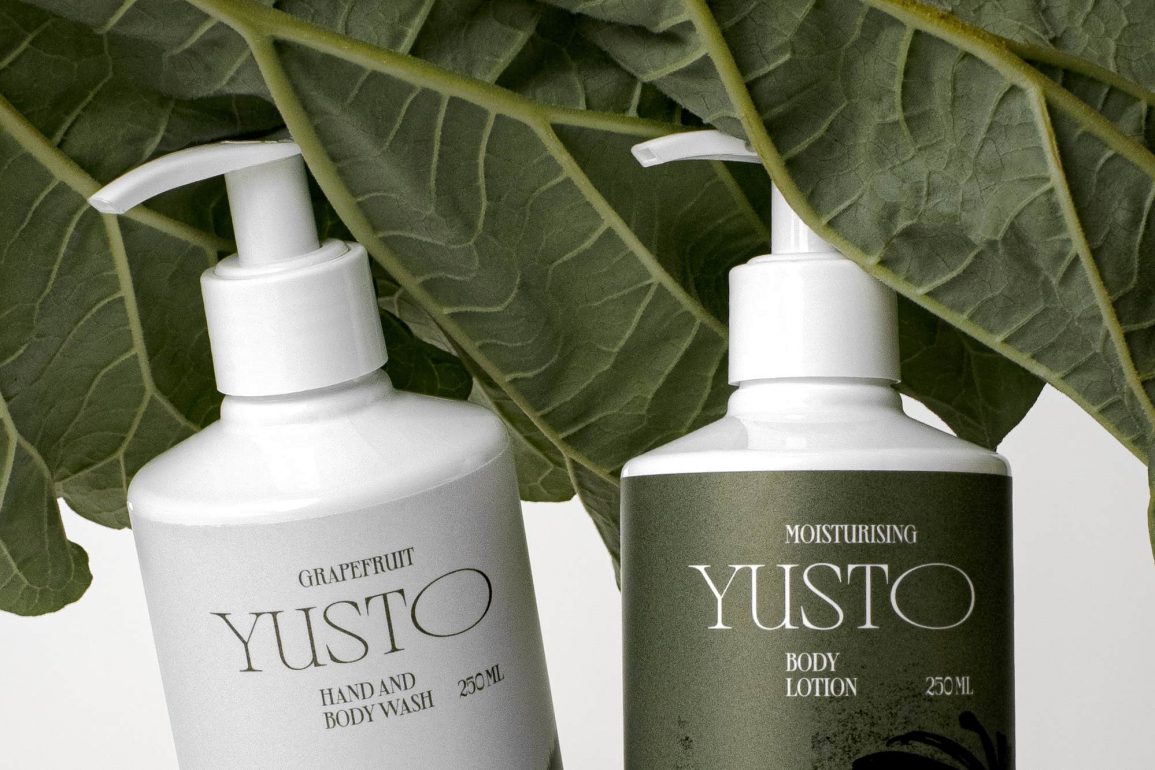9 Essential Steps to Launch Your Own Private-Label Skin Care Business – Starting a private-label skincare business can be an exciting and rewarding venture! It doesn’t matter if you are a startup or established company, with a loyal customer base! It is better to know what are the steps you should take in order to develop your own skincare brand! In this blog post, established white-label skincare manufacturer Selfnamed will guide you through how to start a skincare line!

Step 1: Market Research and Niche Identification
The first step is to conduct thorough market research. Understanding what is your target audience and the specific skincare needs your brand will help to solve! Look for some inspiration! For example, if you wish to offer sustainable solutions to your audience, search for sustainable skincare brands and see what they offer and what are their solutions!
Step 2: Business Strategy
Think about how your business will operate! Where are you planning to sell the products, online or in retail or both? Are you going to choose the skincare dropshipping option, for starters, to have more time to focus on marketing?
Step 3: Cosmetic Packaging Design
Once you’ve identified your niche and brand strategy, work on your branding! It is crucial to make an appealing brand identity that reflects your values, mission, and the essence of your skincare line. The values must align with your target audience! Your cosmetic branding and packaging design should tell a story and connect emotionally with your customers!
Step 4: Choosing the Right Skincare Manufacturers
When the brand identity is put together, you can start looking for the most suitable private-label manufacturing options for your brand! Choosing the right manufacturing partner is critical to the success of your private-label skin care business. See what the manufacturer offers, what is the product range, and what are the advantages of working together! Also, take into consideration such as production capacity, lead times, and their ability to scale as your business grows. For example, Selfnamed offers to make your own skincare products company with white label cosmetics with no minimum UK, EU, and US markets!
Step 5: Compliance and Regulations
The skincare industry is heavily regulated to ensure consumer safety. When you search for a private-label cosmetics manufacturer, pay attention to the third-party certifications! This will ensure the product manufacturing and quality! Depending on your target market, these regulations may vary, so it’s important to stay informed and compliant.
Step 6: Testing and Quality Control
Before launching your private-label skin care, it is important to test the products! Make sure you know the products well before you offer them to your clients! This also applies to design. You should test the design on skincare labels and boxes, to make sure it is the best packaging design for your brand!
Step 7: Brand Website and Online Presence
Create a professional and user-friendly website to showcase your skincare line. Include detailed product information, engaging visuals, and a seamless shopping experience. Remember to demonstrate your skincare packaging design – as this is the product your client will receive! As well as leverage social media platforms to build anticipation, engage with your audience, and create a loyal customer base.
Step 8: Marketing and Launch Strategy
Create a comprehensive marketing plan to generate buzz around your launch! Choose to mix different communication channels, to bring awareness about your brand and to reach the target audience! Use such tools as digital marketing, influencer collaborations, content creation, and email marketing. Consider offering pre-orders or exclusive discounts to incentivize early adoption.
Step 9: Customer Feedback and Adaptation
After your launch, pay close attention to customer feedback. Positive feedback validates your efforts, while constructive criticism provides insights for improvement. Use this feedback to improve your business strategy and to understand your customer needs better.
Starting a private label skin care business requires planning, searching and a lot of decision-making! By following the nine steps, it will be much easier for you to understand how to start and what must be done! Remember, success in the skincare business comes from a combination of uniqueness, innovations, quality and a strong connection between the brand and customer needs!
Poppy Watt


